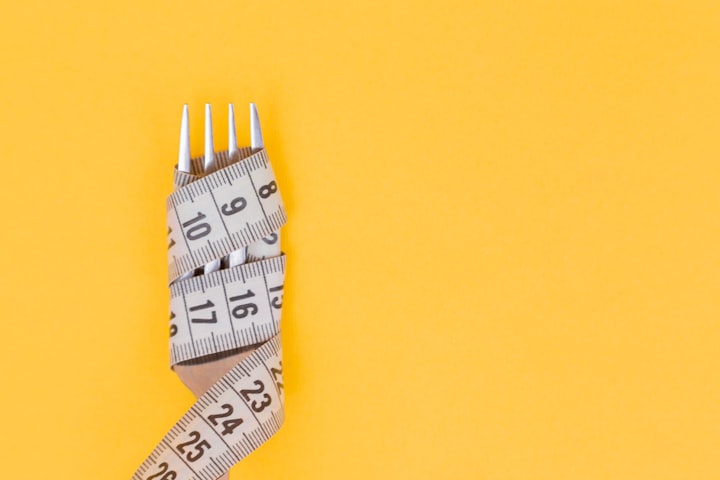How to lose weight in a week?
lose weight in a week?

If you want to learn how to lose weight in a week, it's natural to lean towards fast diets and over-the-top exercise regimes. Having been sold to us over the years as effective and worthwhile by everyone from celebrities to supposedly doctor-approved companies, quick plans for weight loss may seem like the way forward.
But these plans often contain far fewer calories than adults need to function on a daily basis and can create far more problems than solutions in both the long- and short-term, leading to struggles with healthy weight loss down the line.
Whether you want to lose weight for an occasion or just start making some lifestyle changes, there are steps you can take in just a few days—like finding out which diet is best—to pivoting towards healthier and more sustainable weight loss that stands the test of time.
IS IT POSSIBLE TO LOSE WEIGHT IN A WEEK?
Yes it's possible to lose weight in just one week, with the NHS suggesting that a safe rate of weight loss is between 0.5kg and 1kg, translating to around 1 to 2lb per week. This is unlikely to be fat, however, and more likely to be water weight or muscle mass.
A study conducted by Ahvaz Jundishapur University of Medical Sciences found that those who lost 5 percent of their body weight over 5 weeks through a calorie deficit lost less body fat and more muscle mass and water weight overall compared to those who lost the same amount of weight over 15 weeks. Scaled down to one week alone, it's unlikely that the loss will make much of an impact.
The best way to lose weight is over a sustainable period of time, says nutritionist Jenna Hope. "There are so many quick fixes out there which promise you a certain about of weight loss within a short period of time. However, often the faster you lose weight the more likely you are to put it back on."
Losing weight quickly can also trigger a number of health issues, with tiredness and irritability common in the short-term and malnutrition and gallstones becoming a problem later on.
"Some of the consequences that rapid weight loss can have on the body include gallstones, which occurs in 25 percent of people who lose weight quickly, dehydration and of course, malnutrition," James Bickerstaff, qualified nutrition coach at OriGym Centre of Excellence, says. "This can all lead to further side effects, including dizziness, recurring headaches, hair loss, fatigue and constipation - to name a few."
So while losing weight in a week is possible, our experts suggest that you should only be making incremental changes during this time and instead, perhaps use the week to start making healthy changes for the coming months.
HOW TO LOSE WEIGHT IN A WEEK?
1. AVOID RESTRICTIVE DIETS
“Restrictive diets often come with extensive promises, so it can be tempting to jump into one,“ acknowledges Hope. “However they are not only unsustainable—and therefore may have an adverse effect on your weight in the long term—but they also pose a risk to your mental well being.”
Initially, you may see the numbers dip on the scales, but not fuelling your body properly could leave you feeling sluggish, moody, nauseous and run down. This may be due to the fact that you’re cutting out major food groups, leading to nutrient deficiency. “Limiting specific foods or food groups can also often leave you wanting them more,” points out Hope. This could increase cravings, which may set you up for rebound weight gain.
2. ADD IN THE GOOD STUFF
Don't get hung up on the ultra-processed foods you're cutting out—and instead, focus on the nourishing groceries you'll be adding in. “Incorporating more nutrient-dense foods into your diet can help to naturally displace some of the more 'unhealthy' foods that are high in sugars and unhealthy fats,” says Hope.
But what exactly to pile onto your plate? Hope recommends adding one extra portion of vegetables into each meal. “They are rich in fiber and water, which will help you feel fuller for longer,” she explains. Aim for leafy greens, which are packed with the benefits of magnesium and iron to help support your energy levels—particularly if you often feel tired in winter and when coming into spring.
Hope also suggests loading up on beans, which are high in soluble fiber. These can help fight inflammation and aid healthy, sustainable weight loss. “Try incorporating beans into bolognese and stews to bulk them out and add them to soups and curries to ramp up protein and fiber too,” she advises.
LEARN MORE...






Comments
There are no comments for this story
Be the first to respond and start the conversation.